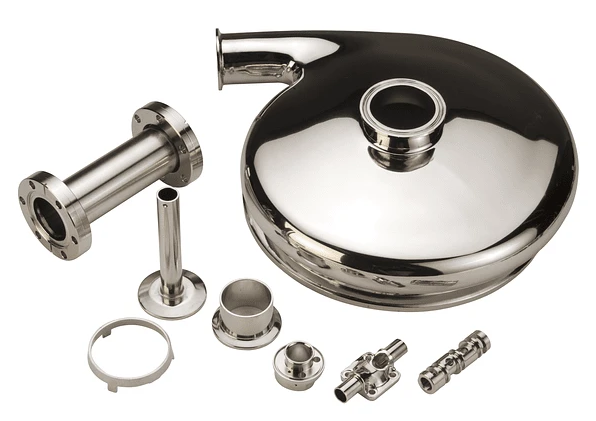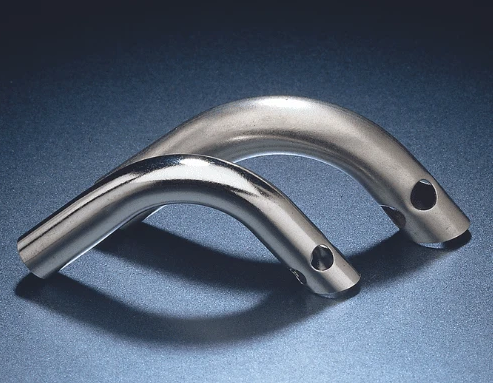Able Electropolishing on Kilbourn Avenue, Chicago, has electropolished precision metal parts since its founding in 1954. Able is ISO 13485: 2016 certified for medial devices, as well as ISO 9001: 2015. They can electropolish small and large volume lots, and to get started, Able Electropolishing will electropolish samples free of charge.
Able Electropolishing’s finishing process reduces corrosion, and removes microscopic imperfections, such as microburrs, microcracks, heat tint, free iron, stains, oxide scale and other surface defects on the part, according to Able Electropolishing’s website, https://www.ableelectropolishing.com

Electropolishing, sometimes called electrochemical polishing, electrofinishing, and electrolyte polishing, uses an electro chemical bath to remove a precise and very thin layer of material. The amount of material removed can be as much .003-inch or as little as .0002-inch, depending on the alloy. It works on nearly any alloy, including 200, 300, and 400 series Stainless Steel, aluminum, brass, copper, nickel, tungsten, niobium, Hastelloy, Molybdenum, Nitinol, Stainless Steel, and others.
If a potential customer wonders what electropolishing will do to their part, Able Electropolishing will electropolish samples free of charge and pay for the shipping. Samples are typically processed within 2-3 days.
In addition to providing “30 times more corrosion resistance than passivation, electropolishing eliminates the need for or reduces the need for hand-deburring and polishing, tumbling and vibra finishing, shot peening, blasting, harperizing,” the website said. Electropolishing provides a cosmetic finish used for medical devices leaving the parts clean, safe, and biocompatible, more durable, and longer lasting. For aerospace customers, Able Electropolishing stated that its metal finishing process improves fatigue-life for metal parts, by making them more stress resistant and corrosion resistant.

Able Electropolishing said in a white paper published on its site, “Electropolishing for Significantly Improved Corrosion Resistance,” that, “While passivation is a chemical process used to restore contaminated stainless steel to original specifications, testing has shown that electropolishing leaves metal parts with 30x more corrosion resistance than passivation alone.”
The paper then said, electropolishing, which is effective within extremely tight tolerances, can improve corrosion resistance on critical metal parts whose size and geometry eliminate the option of mechanical polishing.
Able has 150 employees and 14 robots, running the 50,000 square-foot facility 24 hours a day five days a week.
